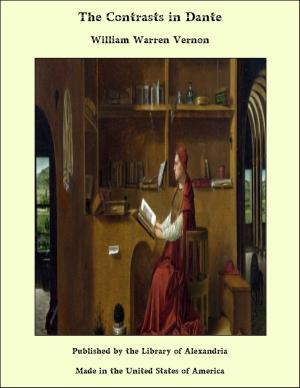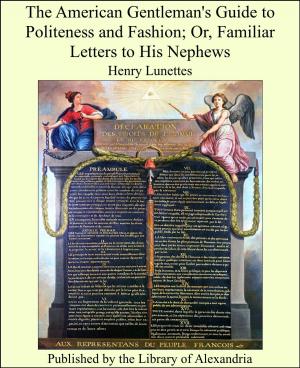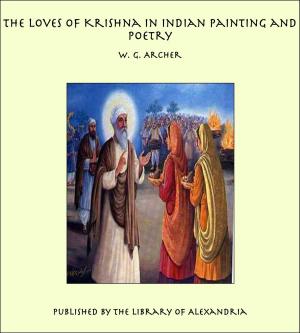Notes to Shakespeare: The Comedies and Tragedies
Nonfiction, Religion & Spirituality, New Age, History, Fiction & Literature| Author: | Samuel Johnson | ISBN: | 9781465588067 |
| Publisher: | Library of Alexandria | Publication: | March 8, 2015 |
| Imprint: | Language: | English |
| Author: | Samuel Johnson |
| ISBN: | 9781465588067 |
| Publisher: | Library of Alexandria |
| Publication: | March 8, 2015 |
| Imprint: | |
| Language: | English |
THAT praises are without reason lavished on the dead, and that the honours due only to excellence are paid to antiquity, is a complaint likely to be always continued by those, who, being able to add nothing to truth, hope for eminence from the heresies of paradox; or those, who, being forced by disappointment upon consolatory expedients, are willing to hope from posterity what the present age refuses, and flatter themselves that the regard which is yet denied by envy, will be at last bestowed by time. Antiquity, like every other quality that attracts the notice of mankind, has undoubtedly votaries that reverence it, not from reason, but from prejudice. Some seem to admire indiscriminately whatever has been long preserved, without considering that time has sometimes co-operated with chance; all perhaps are more willing to honour past than present excellence; and the mind contemplates genius through the shades of age, as the eye surveys the sun through artificial opacity. The great contention of criticism is to find the faults of the moderns, and the beauties of the ancients. While an authour is yet living we estimate his powers by his worst performance, and when he is dead we rate them by his best. To works, however, of which the excellence is not absolute and definite, but gradual and compara-tive; to works not raised upon principles demonstra-tive and scientifick, but appealing wholly to observation and experience, no other test can be applied than length of duration and continuance of esteem.
THAT praises are without reason lavished on the dead, and that the honours due only to excellence are paid to antiquity, is a complaint likely to be always continued by those, who, being able to add nothing to truth, hope for eminence from the heresies of paradox; or those, who, being forced by disappointment upon consolatory expedients, are willing to hope from posterity what the present age refuses, and flatter themselves that the regard which is yet denied by envy, will be at last bestowed by time. Antiquity, like every other quality that attracts the notice of mankind, has undoubtedly votaries that reverence it, not from reason, but from prejudice. Some seem to admire indiscriminately whatever has been long preserved, without considering that time has sometimes co-operated with chance; all perhaps are more willing to honour past than present excellence; and the mind contemplates genius through the shades of age, as the eye surveys the sun through artificial opacity. The great contention of criticism is to find the faults of the moderns, and the beauties of the ancients. While an authour is yet living we estimate his powers by his worst performance, and when he is dead we rate them by his best. To works, however, of which the excellence is not absolute and definite, but gradual and compara-tive; to works not raised upon principles demonstra-tive and scientifick, but appealing wholly to observation and experience, no other test can be applied than length of duration and continuance of esteem.















